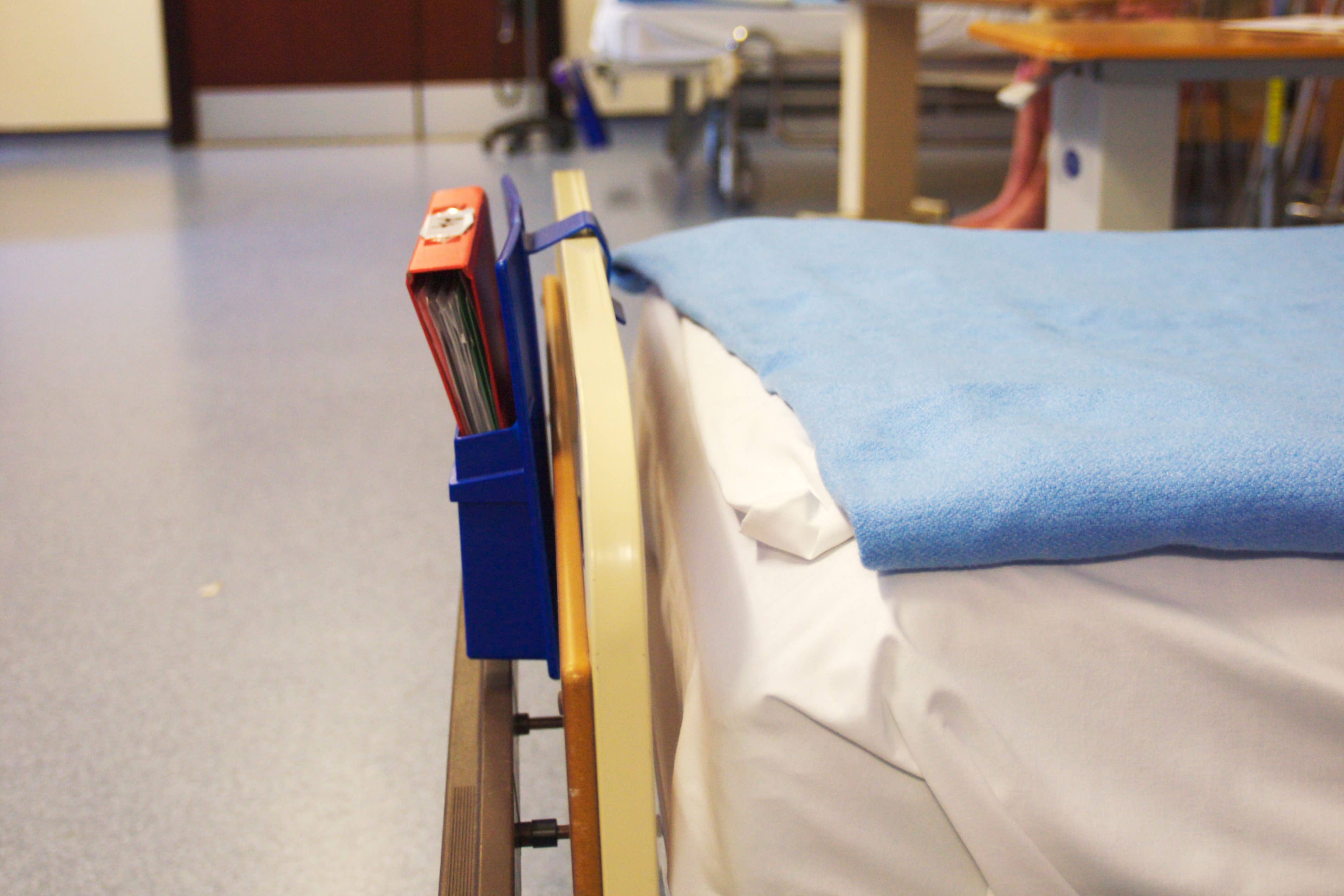Delayed discharges of hospital patients hit new monthly high
Figures have been on an upwards trend since the summer.

The number of patients in hospital beds in England who no longer need to be there has reached a new monthly high, figures show.
An average of 13,613 beds per day were occupied by people ready to be discharged from hospital in October.
That was up from 13,305 in September and the highest monthly figure since comparable data began in December 2021, according to analysis by the PA news agency.
Numbers have been on an upwards trend since June, when the average stood at 11,590.
The seven-day rolling average for delayed discharges from beds peaked at 13,723 in the week to October 11, but had dropped slightly to 13,557 by the end of the month.
Overall, just 40% of hospital patients were discharged when they were ready in October, NHS data shows.
This was unchanged from the average for September but down from 41% in July and 43% in June.
There are sharp regional differences across the country, with an average of 49% of patients in London discharged last month when they were ready, compared with 32% in the South West and 31% in the North West.
The figure for both south-east England and north-east England/Yorkshire was 41%, with 43% for eastern England and 44% for the Midlands.
Miriam Deakin, director of policy and strategy at NHS Providers, the membership organisation for NHS trusts, said: “Nobody in the NHS wants people to be kept waiting but pressure on social care and community services means that hospitals struggle to discharge people who’re well enough to leave.
“That has a serious knock-on effect on available beds and admissions and leaves ambulances waiting to hand over patients to hospitals, delaying them from further calls.
“Trust leaders understand only too well the disruption and distress this can cause for patients.
“To ease pressure on the NHS, the Government must act now to fix chronic staff shortages and an underfunded social care system.”